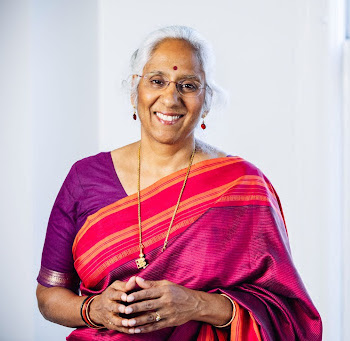35th Annual Therese Dondero Memorial Lecture
Anti-oppression in Midwifery Research and Practice: We have met the enemy and they are us
Sponsored by The A.C.N.M. Foundation, Inc. and supported by the Therese Dondero Memorial FundThursday, October 13, 2022 | 7:00 - 8:00 PM EST | 1.5 CE
$14.99 (Students) | $24.99 (Members) | $29.99 (Student Non-Members) | $49.99 (Non-Members)
What does the evidence tell us about the effects of oppression, loss of bodily autonomy, and discrimination during health care encounters on short- and long-term well-being? Does type of provider affect experiences of reproductive and perinatal services? Should caesarean reduction be the goal? Do Black and Indigenous lives matter to midwifery and medical providers? What do service users say? How do providers action their beliefs about human rights?
This session will explore findings and insights from participatory research on quality, safety, risk, and present anti-racist actions, models, and accountability tools that clinicians and health systems can adopt to accept responsibility and enhance quality and safety.
This session will share findings from our participatory action research projects, that examined the lived experience of perinatal services in North America through an equity lens. We convened a multi-stakeholder team and co-developed an online, cross-sectional survey that assesses health care adherence to and violations of respectful care. We included indicators across twelve domains of respect, disrespect, and mistreatment, including items that measure autonomy and mistreatment during provider interactions, health systems factors, and the impact of type of caregiver and place of birth. More than 10,000 people including service users from multiple identities, circumstances and backgrounds, described supportive, exceptional care as well as discrimination, disrespect and/or mistreatment during pregnancy and/or childbirth. Descriptive quantitative and qualitative analyses show lower MADM and MOR scores among non-dominant populations, and in hospitals; more respectful care by community-based midwives; inconsistent health system responsiveness to meet needs for reliable information and services.
Note about registration (PLEASE READ IN FULL)
1. You are registering for this webinar via the NEW ACNM Online Learning Center. In order to register for the webinar you must be logged in to your account.
2. If you had an account in the old Online Learning Center, then you have an account in the new system
3. Please use the email address registered to your membership account
4. If you are not a member or did not have an account in the old system, you will need to create a new account in the online learning center in order to register.
5. If you have any trouble please submit a request to the LMS Contact form.
Instructions for accessing the Online Learning Center
1. Create a password (the email on file is the email registered to your membership account)
2. Log-in to your account
3. Register for the webinar!
OR
1. Create an account
2. Register for the webinar!
If you have any trouble please submit a request to the LMS Contact form.
